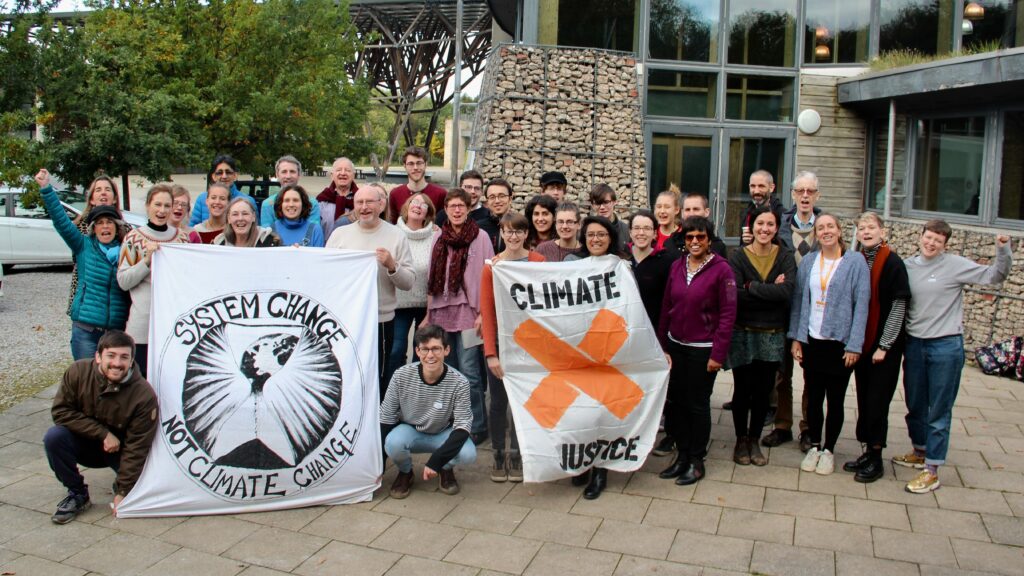YouGov research has found that when asked ‘to what extent do you support or oppose the investment of local government pension funds in fossil fuel companies’, just 12% said they support. 41% oppose, with the rest indifferent.
95% of councils have yet to divest their pension funds from fossil fuels.[1] Collectively they still have almost £10 billion invested in coal, oil and gas companies.[2] When investments in fossil fuels are no longer the reliable investment they once were[2], it is clear local leaders should be more forward-thinking about what they invest in.
As we approach a host of elections across the country this May, it is clear that the majority of the public has a desire for more progressive action when it comes to what they think local money should be invested in.
Divided by party, only 7% of 2019 Labour voters back fossil fuel investments, 11% of those who backed the Lib Dems in the last General Election, and 19% of those who supported the Conservatives.
While 65% of voters support the investment of pension funds into ‘renewable energy projects’ only 5% opposed this suggestion. By party, 59% of 2019 Conservative voters support renewables, with figures of 76% for Labour and 81% for the Lib Dems.
There is 59% public support for investments in ‘local infrastructure projects’, with just 5% opposing. By party vote in the last election, there is 70% support from Labour, 76% from Lib Dems and 58% from Conservative.
Looking elsewhere, only 12% of the public supported investing pension pots in hedge funds, while 26% supported funds being put into ‘banks and financial markets’. On the other hand, the poll found 44% support for ‘social enterprises’.
Thirty years ago, 60% of the local government pension scheme was invested internally in the UK.[4] By 2018, this figure had dropped to a mere 30%. Clearly there is public preference for investing in local jobs to fight the climate emergency over investing in the continued operation and expansion of fossil fuel majors all over the world.
Ben Lennon, researcher at Platform, said:
“Three-quarters of councils in the UK have declared a climate emergency.[5] It’s clear there is extensive public support to see our local leaders respond to this rhetoric with meaningful and ambitious actions. With local elections coming up and as we begin to emerge from Covid-19 and plan a more sustainable future, we need to see councils using this money they already have in their control to invest in local communities.”
Robert Noyes, campaigner at Platform, said:
“There are over forty-five divestment groups across the UK that have been asking their councillors to divest from fossil fuels and re-invest in the public good. Too often they have been told their so-called ‘fringe concerns’ are not of interest to the majority. These results clearly rebuke these claims and validate what campaigners have been saying for years.”
ENDS
For further information please contact Ben Lennon at benlennon@platformlondon.org or on 07526566041.
Footnotes
1. Out of the 98 local authority pension funds, just Cardiff, Waltham Forest, Southwark, Islington, Lambeth and the Environment Agency have committed to full divestment.
2. The value of oil company shares held by 56 local government retirement schemes has halved since 2017.
3. https://www.divest.org.uk/wp-content/uploads/2021/03/UKDivest_Report.pdf
4. https://www.professionalpensions.com/opinion/3028528/-role-pensions-building-community-wealth
5. https://www.climateemergency.uk/blog/list-of-councils/
Notes to editors
1. All figures, unless otherwise stated, are from YouGov Plc. Total sample size was 1,716 adults. Fieldwork was undertaken between 11th – 12th March 2021. The survey was carried out online. The figures have been weighted and are representative of all GB adults (aged 18+).
2. Platform, Friends of the Earth (England, Wales, and Northern Ireland), and Friends of the Earth Scotland published a report in February of this year that revealed via freedom of information requests that local councils have almost £9.7 billion pounds invested in coal, oil and gas companies on behalf of the pensions of almost 7 million workers. The press release for this work is here.
3. The campaign groups have also created a dashboard which allows anyone to explore their local authority pension fund’s investments in more detail, including how their fossil fuel investments stack up compared to other funds.
4. On Tuesday the 23rd of March, Platform are hosting an event for councillors where representatives from Carbon Tracker, an independent world-leading financial think tank, and CLES, the Centre for Local Economic Strategies will discuss how local governments can use their collective wealth to respond to the climate crisis and build community wealth.
5. About Platform: Platform is a UK-based environmental and social justice collective with campaigns focused on the global oil industry, fossil fuel finance, and building capacity toward climate justice and energy democracy. For more information visit our website and follow us on Twitter.
6. The complete results of the survey are available here.
7. Further details on the methodology: This survey has been conducted using an online interview administered members of the YouGov Plc GB panel of 185,000+ individuals who have agreed to take part in surveys. An email was sent to panellists selected at random from the base sample according to the sample definition, inviting them to take part in the survey and providing a link to the survey. (The sample definition could be “GB adult population” or a subset such as “GB adult females”). YouGov Plc normally achieves a response rate of between 35% and 50% to surveys however this does vary dependent upon the subject matter, complexity and length of the questionnaire. The responding sample is weighted to the profile of the sample definition to provide a representative reporting sample. The profile is normally derived from census data or, if not available from the census, from industry accepted data.
